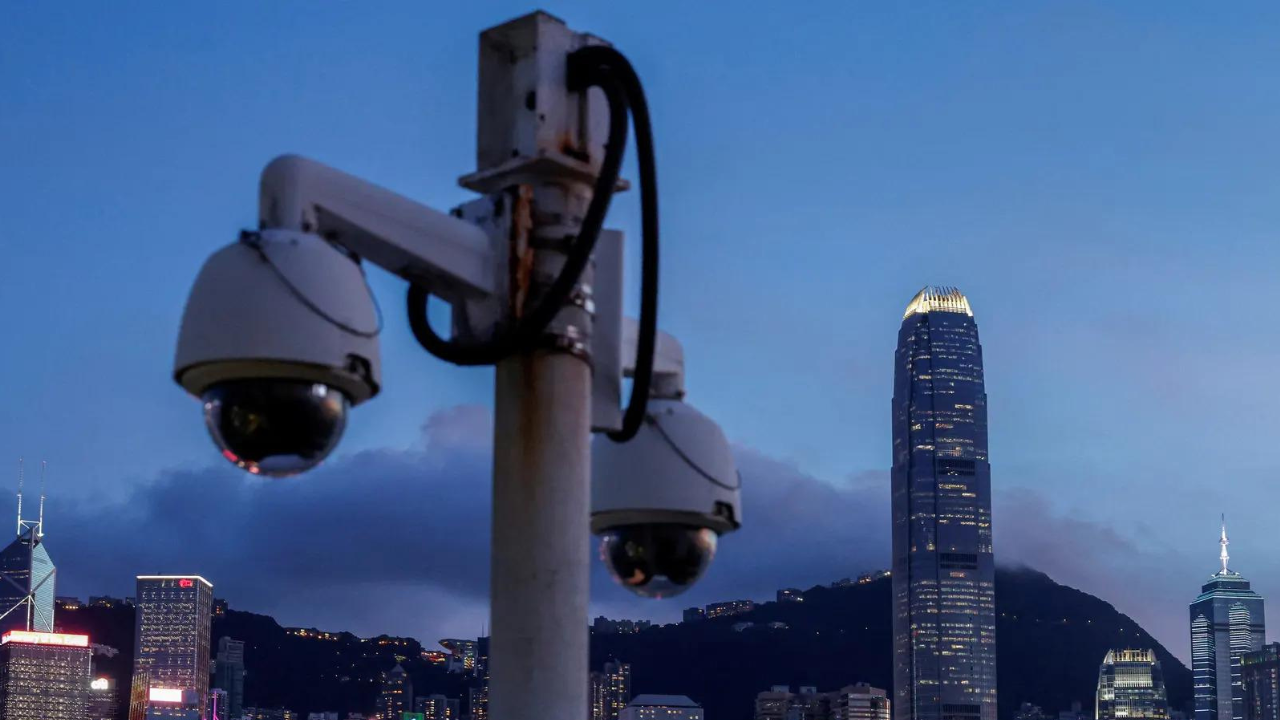According to the South China Morning Post, a second-year university student sought help from the Beijing police on July 26, revealing her desperate desire for freedom from her oppressive home environment.
Li recounted the harrowing details of her parents’ abusive behavior, which included physical violence and the destruction of her phone whenever she made mistakes. The constant surveillance and harsh treatment had left her traumatized. In an attempt to gain independence, Li planned to find part-time jobs in Beijing and save money. She approached the police to inform them of her well-being, anticipating that her parents might report her missing and create a scene.
Police officer Zhang Chuanbin offered comfort to Li, acknowledging that her parents’ actions were misguided expressions of care. He reached out to the couple, urging them to respect their adult child’s need for personal space. Subsequently, the Beijing police reported that Li’s parents had agreed to remove the camera, and she had returned home.
This case is not an isolated incident in China. In June, a mother in Jiangsu province thanked a surveillance camera for “accompanying my son for six years” after he completed the Gaokao university entrance exam. Despite concerns about privacy infringement, the mother maintained that the camera in her son’s bedroom was solely intended to improve his academic performance.
China’s Minor Protection Law addresses the privacy of minors’ communications but does not specifically regulate the use of surveillance cameras. Many parents on mainland social media continue to admit to installing cameras in their children’s bedrooms.






